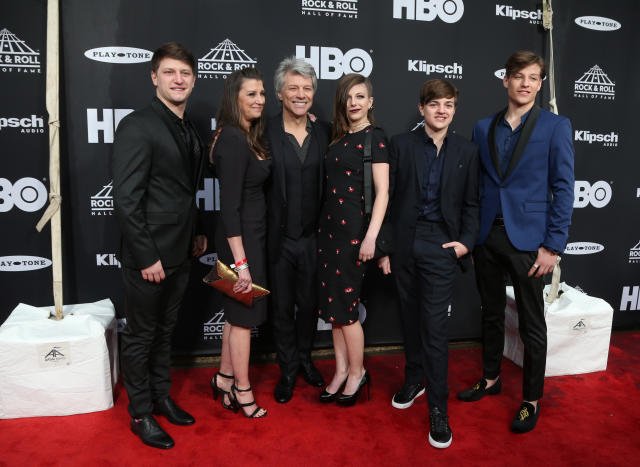Whether you’re just starting your college search or are already in your first years on campus, you’ve likely looked closely at majors, assuming your choice will pave the path for your career goals. But you may be surprised to learn that the clubs and extracurricular activities you participate in could have as much impact as your major on your post-college job.
“I don’t want to downplay the importance of academic knowledge, but with the exception of professional fields such as teaching, nursing, engineering and IT, most majors don’t align with a specific industry,” says Mimi Collins, director of content strategy at the National Association of Colleges and Employers.
Brian McEuen, who graduated from the University of California—San Diego in 2013, says finding the right extracurricular activity was his first step toward a meaningful career. He arrived on campus planning to be premed, and with a recruited walk-on position on the volleyball team. But a month into his freshman year, he was cut from the team.
“The cut was a blessing in disguise,” McEuen wrote in an email. “I was looking for something to do,” especially when he realized that premed was not for him, “so I got involved in student government on campus.”
At UC San Diego, student government owns a few on-campus businesses. By McEuen’s junior year, with a friend, “I got to launch a brand-new business selling shirts and accessories related to student life on campus. This was my first foray into entrepreneurships, and I was hooked.”
McEuen went on to complete his MBA at Northwestern University, among the top-ranked programs in the country, and is now starting a men’s clothing company online.
Calla Slayton, who graduated from Carleton College in Minnesota in 2020, came to campus in Northfield, Minnesota, uncertain about a major or what she wanted to do after graduation. She considered sociology but ultimately chose American Studies, knowing it was unrelated to her ideal careers.
“American Studies was an interdisciplinary program,” she says, “and I thought the professors were excellent.” Slayton liked writing papers and knew that with the many courses in the humanities, she’d have many opportunities.
But it was the influence of two clubs she joined as a freshman, both focused on women’s health and reproductive rights, that started Slayton on the path to her work today as a programs and development associate for DKT International, a nonprofit organization that promotes reproductive health products through social marketing.
McEuen and Slayton each made the most of their clubs and college extracurriculars: They chose them based on their interests, learned new skills, networked and later crafted effective resumes to best qualify for the internships and jobs ahead, all of which helped them find their way to work they love.
Here’s what some experts say about how to turn your nonacademic activities into a career.
Explore a College’s Extracurriculars on Its Website
Even a college with fewer students than your high school will likely have many more clubs. According to its webpage, Carleton College, with 2,000 students, has more than 200 clubs and extracurriculars to choose from. UC San Diego, with 35,000 students, has more than 500 such organizations. Institutions’ webpages tend to organize their offerings using similar terms, such as performance, politics, sports, community service, student publications, cultural identity and religion/spirituality.
Shop Around Before You Commit
“As a first- or second-year student, take the time to try things out,” says Chad Ellsworth, associate director of Carleton’s career center. “Go to an event or two, or a meeting or two. Try things that closely connect with your interests and try things you may be less familiar with. It’s better to be deeply involved with a smaller number of student groups than less involved in a wider range.”













